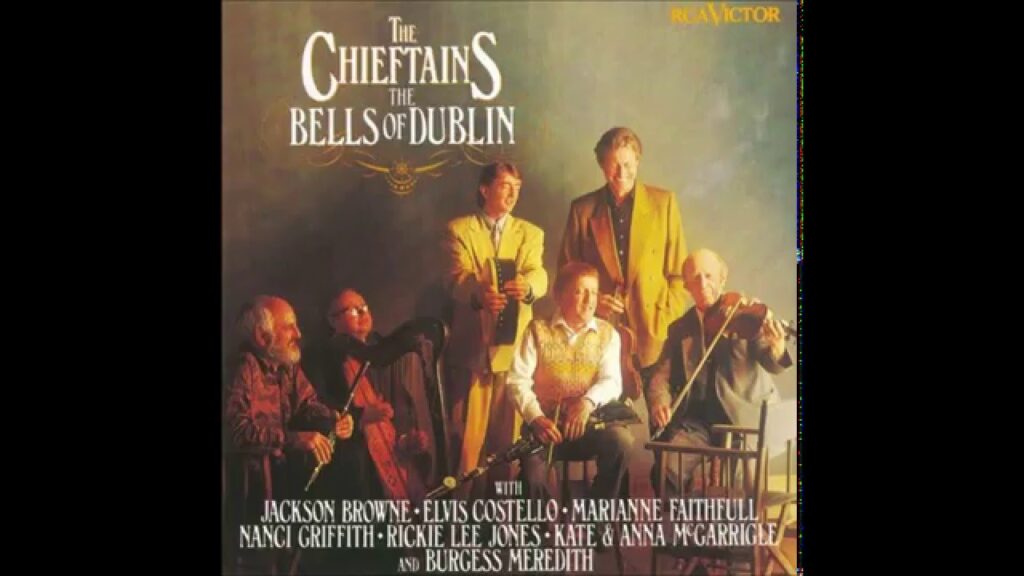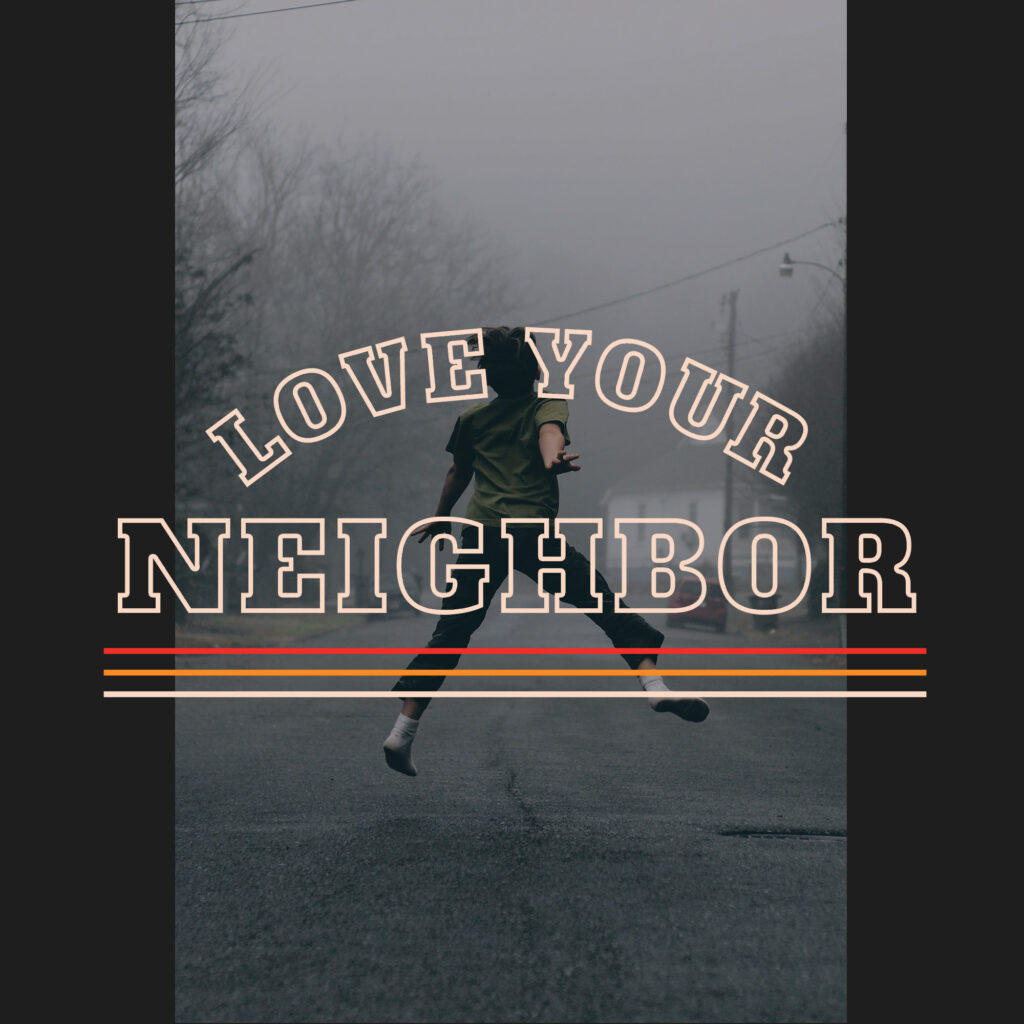
It’s still the Christmas season, and the only reason I know this is because my children are not yet back in school. Because we didn’t have the normal hustle-out-the-door-before-the-sun-rises-to-get-everyone-where-they-need-to-be, I had a few rare Monday morning moments to myself. The morning began with reading a colleague’s upcoming conference message, which inspired me to consider the greatest commandments.
When the Pharisees heard that he had silenced the Sadducees, they gathered together, and one of them, a lawyer, asked him a question to test him. “Teacher, which commandment in the law is the greatest?” He said to him, “‘You shall love the Lord your God with all your heart, and with all your soul, and with all your mind.’ This is the greatest and first commandment. And a second is like it: ‘You shall love your neighbor as yourself.’ On these two commandments hang all the law and the prophets.” (Matthew 22:34-40)
Love God. We’ve heard this. We know this. Deuteronomy 6:4-5—”Hear, O Israel: The Lord is our God, the Lord alone. You shall love the Lord your God with all your heart, and with all your soul, and with all your might.” I imagine when Jesus offered the Shema to the lawyer’s question the Pharisees began to walk away either satisfied that Jesus remembered his place so to speak, or they began to escape in order to plot a different entrapment. Jesus halts their movement with, “And the second is like it…” The second? Jesus, you didn’t understand the assignment. We are taught early on as clergypersons that when being interviewed by a Board of Ordained Ministry to only answer what is asked. Less is more in such situations, but Jesus didn’t heed this advice.
“The second is like it: ‘You shall love your neighbor as yourself.'” I can almost hear the record scratch. Of course, Jesus isn’t so much an innovator as one who remembers God’s story well. Love your neighbor as yourself is Leviticus 19:18, but to equate the two as the greatest commandments seems almost idolatrous. Worship God and serve my neighbor my brain can comprehend. Honor God and be kind to my neighbor makes great sense. Love God and love my neighbor…us same verb…now what’s that about?

Am I supposed to equate God and my neighbor? Not exactly. One is never in need, and the other always is. The problem persists that we often get this backward. We too often treat God as if God is in need of our worship, praise, time, and prayer, and our neighbor should never be in need, where the goal of life is independence and self sufficiency. Flip the script. God doesn’t need anything. God certainly desires us to be God’s companions (thank you Sam Wells) but our neighbor is deserving of our resources, compassion, time, and energy. So, on the one hand, no we should not equate the two.
On the other hand, the point is for love of God and love of neighbor to be reciprocal. Loving our neighbor is a means of loving God. This is the scandal, and why the record scratches when Jesus stands before the lawyer. Loving God to the Pharisee is upholding the law (of which loving your neighbor is a part), but loving your neighbor can quickly lead to ritual impurity (as Jesus suggests with the story of the Good Samaritan, albeit in another Gospel). Loving your neighbor may seem quite counter to what it means to love God. I think this is beautifully express in the Christmas song “The Rebel Jesus,”
All the streets are filled with laughter and light
And the music of the season
And the merchants’ windows are all bright
With the faces of the children
And the families hurrying to their homes
As the sky darkens and freezes
Will be gathering around their hearths and tables
Giving thanks for God’s graces
And the birth of the rebel Jesus…
We guard our world with locks and guns
And we guard our fine possessions
And once a year when Christmas comes
We give to our relations
And perhaps we give a little to the poor
If the generosity should seize us
But if anyone of us should interfere
In the business of why there are poor
They get the same as the rebel Jesus…
In my colleague’s message she mentions the importance of opening your home and your heart even to those with whom you don’t agree, and how messy loving your neighbor can be. It is messy. It is risky. It is also delightful and profound. If loving our neighbor can get messy, then so too should our love of God. It’s still Christmas, yall. It’s still the time of the liturgical year we meditate on God putting on flesh…and we just might find God looking back at us in the flesh of our neighbor. Keep Christmas well, my friends.

I’m sooo happy I had already signed up for your blog. This is soooo good so I’m looking forward to receiving more. Thanks, Matt!!
Thank you so much, Phyllis!